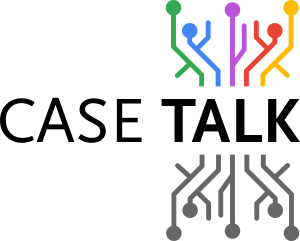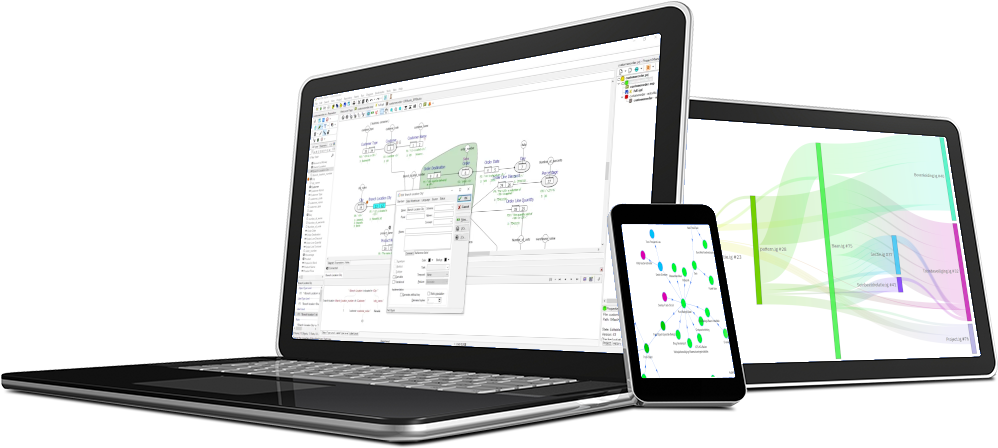It is safe to assume that, nowadays, many businesses have multiple IT systems running. Hopefully, they are able to deliver the functions that are needed. However, the requirements change; systems are updated, rebuilt, or need integration with other systems. Having the right business knowledge to modify or integrate systems accurately can be a problem. Finding up-to-date business knowledge in a well-documented and meaningful form is rare. Having and maintaining that much-needed business knowledge is crucial in order to confidently make any adjustments.
Reverse Engineering
CaseTalk enables information modelers to document business knowledge in a precise manner. To support system integration, it provides a Reverse Engineering module for existing database catalogs, and the ability to turn existing database catalogs into a conceptual model. Business users can use this starting point to add their knowledge, language, and current examples. By using this module, you can be assured that your knowledge base will be long-lasting. In addition to a solid knowledge base, the module allows for a more controlled system change and better-validated models to build integration models with other systems.
Services and API's
To integrate various systems, API development is essential. Having substantial API documentation that reflects business operations is a valuable asset for all who need to use the APIs. API definitions that are correctly aligned with documented business knowledge is an even greater return of investment. CaseTalk provides generators for JSON Schema definitions, XML Schema Definitions, as well as OWL/RDF files. This ensures that a wide range of API developers are enabled to develop highly technical APIs while remaining fully aligned with business knowledge.
Forward Engineering
Organizations will finally have access to the tool and method in order to build a commonly understood knowledge base. Building a common knowledge base independent of technology allows your IT to keep up with the latest business developments and new requirements while still supporting forward engineering.



